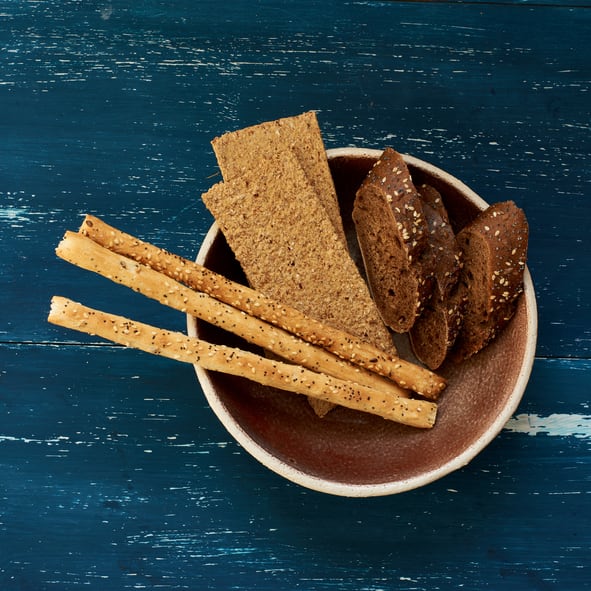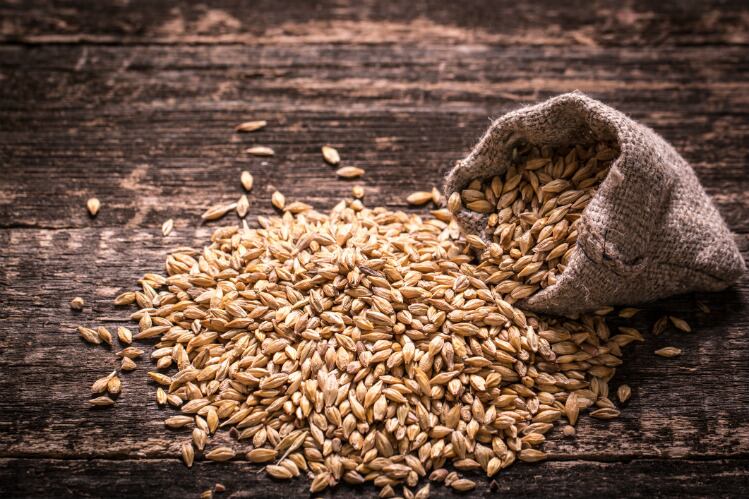The deal – initially announced in December 2018 – officially closed on October 31 and was shared with the public a few days later.
The Belgium-based Boortmalt cooperative previously operated 11 malthouses with a capacity of 1.3m tons. It will take control of Cargill’s 15 malthouses in nine countries, which employ more than 500 people and put out 1.7m tons annually to the bakery, beer and whisky industries.
Its headquarters and R&D center will remain in Antwerp, also home to ‘the world’s biggest malthouse,’ according to parent company Axereal Group. The €3bn ($3.3bn) company works with 12,700 farmers across Europe, with additional plants in Algeria, Argentina, Australia, India, Japan and the US.
“This acquisition is a major step in our cooperative’s strategic plan: it allows us to diversify our sources of value, and it bolsters the group’s position in a growing sector,” said Axereal CEO Paul-Yves L’Anthoën.
The broader reach will aid research and development of new malt varieties, as well as “new growth prospects [that] will enable us to better mitigate risks, particularly those linked to climate change,” added Boortmalt CEO Yvan Schaepman.
Axereal Group president Jean-François Loiseau agreed the deal meets two of the company’s ‘strategic objectives’: one, to enhance the value of its barley in France and abroad; and two, to ensure it remains competitive.
“We at Axereal are leading the way for the agricultural transition with industrial innovation that provides quality food whilst respecting the environment,” he said.
Cargill agreed that, under Boortmalt, its malt business would reach a global customer base with opportunity for further growth.
Barley in Bakery
The foundation of beer and whisky, barley can also add heft to bread and other baked goods. It has gained popularity in bakery due to high levels of protein, fiber, iron and vitamin B6.

In fact, at nearly 23g of protein per cup, hulled barley packs double the protein of oats and half the calories, according to Bakerpedia. It is also one of the world’s earliest cultivated grains, and remains non-GMO.
Hulled barley is a wholegrain version of the grain, compared to pearled barley, which removes the hull and bran layers.
Bread made with barley is not gluten-free, but it leans ‘dense with a nominal rise.’
It boasts the functional ingredient beta-glucan, which adds health benefits but causes challenges in baking, according to a 2012 study in Trends in Food Science and Technology.
“These decreased quality parameters would appear to be the main stumbling block in the production of a viable barley-containing white bread,” researchers said. “If this quality deficit can be overcome, there would appear to be a great potential for the development of a healthy barley-containing bread product.”


